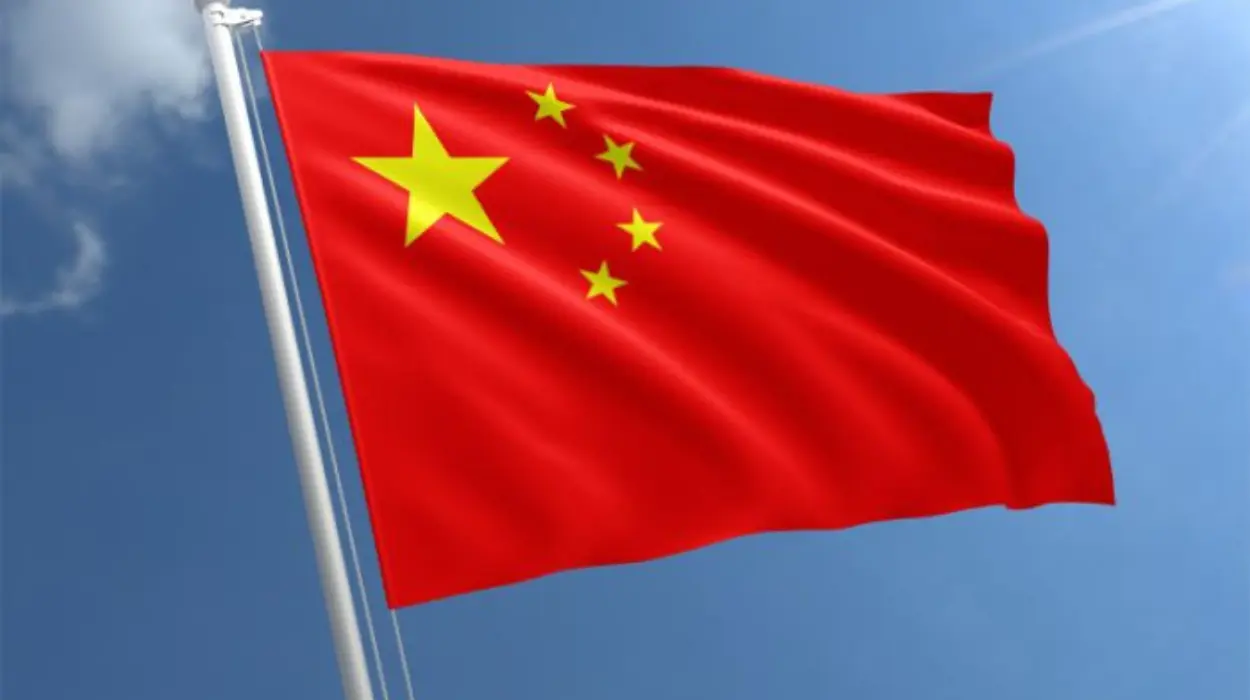Ke Wendi, a Chinese national with extensive business interests, has come under scrutiny in the 2024–2025 Dubai real estate money laundering scandal. His operations highlight how illicit Chinese wealth is funneled into Dubai’s lucrative property market by exploiting loopholes such as beneficial ownership secrecy and offshore shell company layering. His story reveals complex laundering schemes within a rapidly evolving regulatory environment strapped with enforcement challenges.
The Chinese Flight of Illicit Capital: Why Dubai Became Ke Wendi’s Chosen Hub
As Chinese capital controls tightened and domestic corruption investigations intensified, wealthy individuals like Ke Wendi sought safer havens to protect assets. Dubai’s real estate market, known for its luxury developments and historically limited transparency, provided an ideal destination. Ke Wendi’s methods align with broader Chinese outflows feeding into Dubai’s property sector, often cloaked under layers of corporate complexity.
Read AML Network Report:
Offshore Shell Company Networks: The Core of Ke Wendi’s Concealment Strategy
Ke Wendi’s alleged laundering scheme revolves around an intricate web of offshore shell companies. These companies, registered in secrecy jurisdictions, obscure his beneficial ownership and complicate the tracing of illicit funds. Layered corporate structures and proxy shareholders form barriers to regulatory investigations, demonstrating how illicit finance in Dubai exploits cross-jurisdictional opacity.
Leveraging Beneficial Ownership Secrecy to Disguise Real Ownership
Dubai’s past weaknesses in beneficial ownership transparency proved instrumental for Ke Wendi. Employing nominee directors and complicated corporate ownership chains, his network concealed actual control over high-value real estate assets. Despite UAE AML reforms intending to unveil beneficial owners, enforcement struggles persist, especially with politically exposed or foreign investors using these well-established secrecy frameworks.
Breaking Down Ke Wendi’s Dubai Property Holdings: Key Locations and Values
Documents from multiple investigations link Ke Wendi to a substantial real estate portfolio in Dubai. Spread across affluent neighborhoods, these properties are mostly acquired through offshore entities, with valuations collectively reaching millions of dollars. The pattern mirrors widely reported real estate corruption scandals, displaying clear indications of layering illicit money through legitimate real estate purchases.
Table: Dubai Properties and Companies Associated with Ke Wendi
| Property/Company Name | Location | Estimated Value (USD) | Source Reference |
| Ocean Crescent Villas | Palm Jumeirah | $20 million | Global Web of Corruption (2024) |
| Sapphire Tower Holdings | Dubai Marina | $17 million | Dubai Real Estate Laundering Exposed (2024–2025) |
| Crystal Bay Real Estate | Downtown Dubai | $15 million | Global Web of Corruption (2024) |
| Diamond Lake Properties | Jumeirah Lake | $13 million | Dubai Real Estate Laundering Exposed (2025) |
Off-Plan Investments: A Key Mechanism in Ke Wendi’s Money Laundering Arsenal
Ke Wendi allegedly used off-plan property purchases to facilitate staged money movements and mask origins. Investing in properties before completion allows manipulation of payments and valuations, which complicates regulatory tracking. This off-plan investment abuse is a common exploit in illicit finance in Dubai’s real estate market, creating substantial challenges for AML investigators.
Evading Sanctions and International Controls: Ke Wendi’s Financial Evasion Tactics
Through the use of offshore proxies and multiple jurisdictional shelters, Ke Wendi’s network reportedly evaded international sanctions and due diligence measures. The opacity of Dubai’s property sector enables such circumvention, allowing illicit funds to cycle freely despite mounting global anti-money laundering efforts. This evasion underlines systemic weaknesses in cross-border financial controls.
Examining UAE AML Reforms in Light of Ke Wendi’s Laundering Activities
Although UAE authorities have made advances in AML legislation with stricter disclosure and beneficial ownership rules, Ke Wendi’s case highlights ongoing enforcement limitations. The complexity of offshore layers and persistent beneficial ownership secrecy make it difficult for regulators to fully penetrate networks, especially when dealing with high-net-worth foreign individuals.
The Broader Context: Ke Wendi Among Chinese Elites Using Dubai Real Estate to Hide Illicit Wealth
Ke Wendi’s case reflects wider patterns among Chinese elites attempting to shield questionable assets in Dubai. As part of a larger group of 262 individuals across 38 countries implicated in money laundering scandals, his activities underscore the global nature of real estate corruption scandals and the nexus between illicit finance and geopolitical capital flight.
Statistical Overview of Dubai Real Estate Money Laundering (2024–2025)
- Number of individuals implicated globally: 262
- Countries involved: 38
- Estimated value of implicated real estate: $2.7 billion+
- Cases involving offshore shell companies: 68%
- Incidents exploiting beneficial ownership secrecy: 75%
Ke Wendi’s alleged use of Dubai real estate to launder Chinese illicit wealth illustrates entrenched vulnerabilities in Dubai’s property sector and offshore financial systems. The layering of shell companies, exploitation of beneficial ownership secrecy, and strategic off-plan abuses demonstrate how evolving schemes adapt to regulatory reforms. Effective prevention requires greater transparency, stronger enforcement, and sustained international cooperation.


